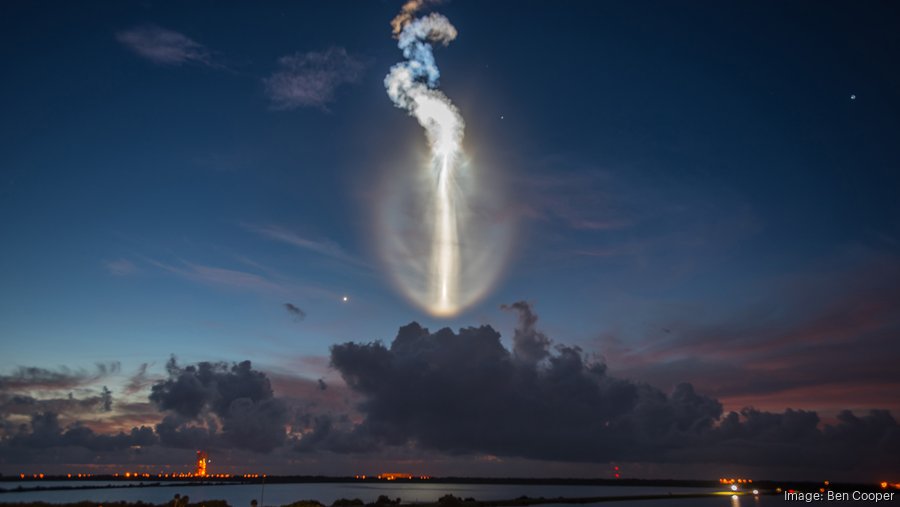An engine glitch during United Launch Alliance's most recent rocket launch for NASA will keep the Centennial-based company's Atlas V rockets grounded until early summer, shuffling its launch schedule for the rest of 2016.
All of the first-stage engines used in its Atlas V rockets have to be inspected, and then a launch time slot at Cape Canaveral, Florida, must be available before another ULA mission can fly, the company said Friday.
The development pushes back ULA’s launch of a U.S. Navy communications satellite until after June 20. No launch date has been set.
A spy satellite launch using a ULA Delta IV rocket is on schedule to take place earlier in June. A Delta IV uses a different booster engine than the Atlas V.
But the company’s other 2016 launches will have to be rescheduled, ULA said.
“All missions manifested for 2016 are expected to be successfully executed by the end of the year, including OSIRIS-REx, which will remain in early September to support its critical science window,” ULA spokeswoman Lyn Chassagne said in an email.
The OSIRIS-REx mission is a NASA spacecraft, built in Jefferson County by Lockheed Martin Space Systems Co. (LMSS), designed to rendezvous with an asteroid, recover up to four pounds of material from and fly back to Earth. (Its full name is Origins, Spectral Interpretation, Resource Identification, Security, Regolith Explorer.)
The Mobile User Objective Systems (MUOS) communications satellite, the fifth MUOS orbiter built in California by Jefferson County-based LMSS for Navy, was originally scheduled to lift off on an Atlas V earlier this month. Its launch has been postponed until ULA is comfortable there won’t be a repeat of the engine anomaly during an Atlas V launch last month.
An RD-180 engine powering the first stage of an Atlas V cut out six seconds early during a successful March 22 mission launching an Orbital ATK carrier full of NASA cargo bound for the International Space Station. The RL-10 engine in the upper stage of the rocket compensated for the unexpected problem, getting the cargo container to its planned location in orbit.
But the Atlas Vs have been grounded until the problem with the RD-180 is sorted out.
The Russian-made RD-180s have powered Atlas rockets for years. Each rocket engine is used only once, with the booster stage falling back into the ocean after its mission is complete.
ULA’s engineering team found that during the March 22 launch a valve in the RD-180 that controls the fuel mixture during launch reduced fuel flow.
The rocketmaker is inspecting all the other RD-180s it has in stock to see whether might have the same issue. The inspections include the RD-180s in the assembled Atlas V readied for the MUOS-5 launch at Cape Canaveral Air Force Station.
A ULA Delta IV Heavy rocket, which uses RS-68A booster engines made by Sacramento-based Aerojet Rocketdyne, is scheduled to launch a top-secret spy satellite from Cape Canaveral for the National Reconnaissance Office on June 4.

